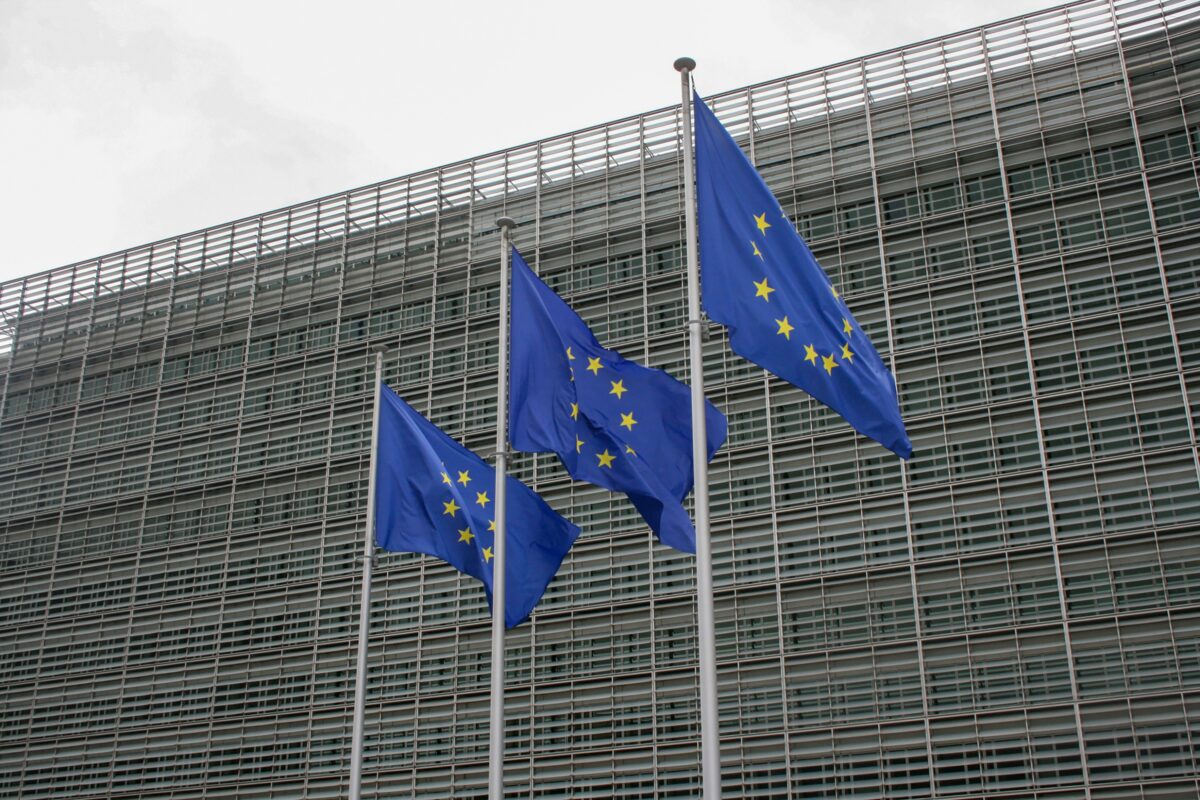Summary of a final paper written as part of the course ’Sustainable Finance’ held by Rients Galema during the summer term 2020 at Utrecht University.
By Melissa Nguyen, Paul Rösler, Adrian Nagy, Georgios Liakopoulos, and Kristof Hamann
Summary of a final paper written as part of the course ’Sustainable Finance’ held by Rients Galema during the summer term 2020 at Utrecht University.
In the mid of a global health crisis, while the whole world is looking to the pharmaceutical industry to find the vaccine for COVID-19, investing into this industry seems more attractive than ever. But is the future of the pharmaceutical industry really so bright? Isn’t there a blind spot from the financial sector with regard to the profitability of this industry? We, a group of Banking & Finance Master-students at Utrecht University, quantify the financial risk to investments in the pharmaceutical industry stemming from an overlooked source: the loss of biodiversity. To this end we estimate how much the pharmaceutical portfolio of the Vanguard Group, one of the largest asset management companies in the world, could devalue as a result of rainforest deforestation.
By now, climate risk is widely accepted by financial regulators and investors to impact the financial sector. But the economic importance of biodiversity loss has still gone largely unnoticed. The pharmaceutical industry, especially, has been depending highly on the information provided by nature to develop new medicines. This vast pool of knowledge is, unfortunately, shrinking at an alarming rate as the richest habitat of our planet’s biodiversity – the rainforests – are disappearing. In the next 30 years, we could lose between 232 million and 289 million hectares of rainforests, the latter an equivalent to the size of India. We estimate the value that could be wiped out off the Vanguard’s pharmaceutical portfolio by carrying out a discounted cash flow analysis using the potential contribution to drug discovery of around $3,000 incremental value per hectare of rainforest. By varying the potential size of deforestation and the incremental value, the Vanguard’s pharmaceutical portfolio could diminish by $282 million to as high as $14 billion, or 1.5% to 6.8% of the portfolio value.
As other factors, such as climate change induced extinction of species, is not part of our model, the order of magnitude of biodiversity losses and follow-up financial damage are likely to be much higher .
Is this a cue for the financial sector to divest from the pharmaceutical industry? On the contrary. The ongoing pandemic shows that we need the pharmaceutical industry as much as the industry needs its natural sources. We believe that the win-win-win solution is for the financial sector and pharmaceutical companies to collaborate with governmental and supranational organizations to finance efforts to reduce deforestation in combination with expanding protected areas to reduce loss of species. The financial sector thus “hedge” their biodiversity-related financial risk by investing in biodiversity conservation projects.



